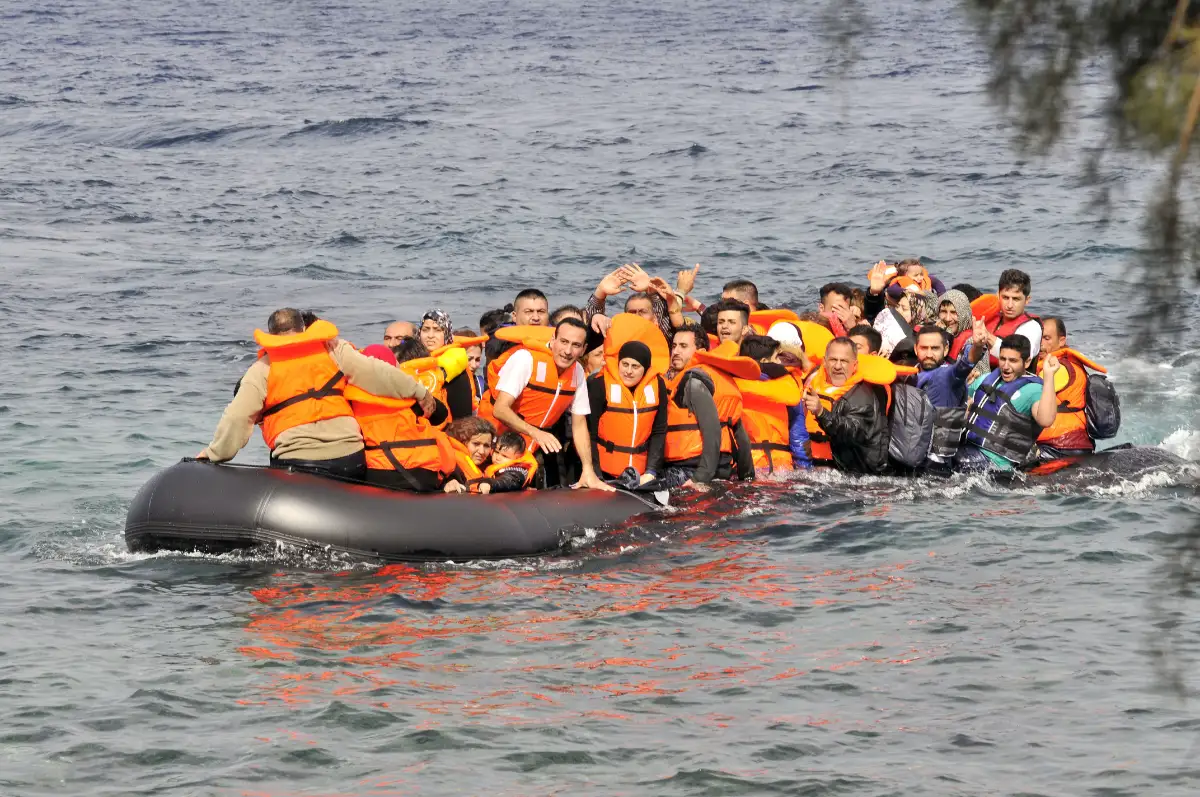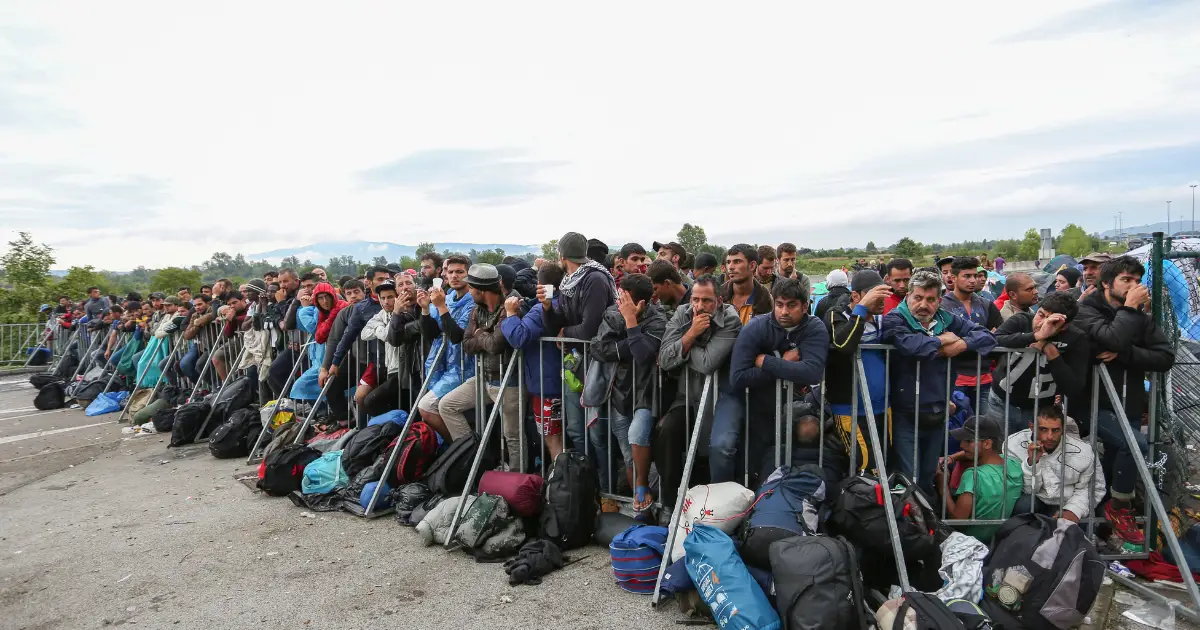Over the past month, alerts have intensified along Mediterranean coasts due to a concerning rise in shipwrecks that have put migrants’ lives at risk. Adverse weather conditions, combined with the use of overcrowded boats operated by illicit trafficking networks, have created a highly dangerous situation. International rescue teams, in coordination with local maritime authorities, are deploying operations in critical areas to save those in vulnerable situations.
Survivors’ testimonies describe scenes of extreme hardship: poorly maintained boats, extreme temperatures, and rough seas that hinder rescue efforts. Humanitarian organizations have urged the international community to increase funding and cooperation in these operations, emphasizing the need to establish safe migration routes and review high-seas control policies. The urgency of the situation calls for immediate measures that combine rescue efforts with prevention strategies to prevent similar tragedies from recurring.
Maritime security and human rights experts warn that, without a coordinated and sustained response, the Mediterranean could become an even deadlier zone for migrants. The integration of technology in rescue operations and inter-institutional collaboration are essential to improving response capacity and protecting the lives of those seeking a better future under extremely vulnerable conditions.



